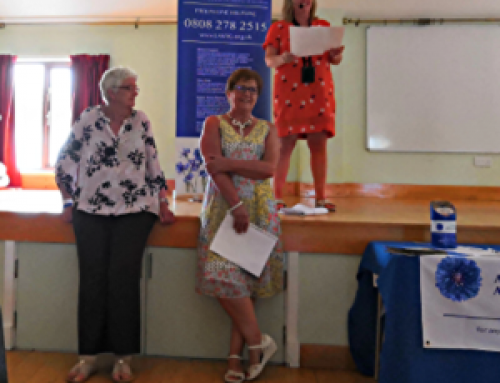Its been a relaxing weekend but oh so chilly and now its pouring hard.
Yesterday we saw the crowds squeeze into our seaside town of Whitstable for the Oyster Festival.
They moved it from the Harbour to Tankerton Slopes which meant people were packed in to the grass are.

At least the sun shone for the crowds.

Paul Salty Saltburger -Great crowd for the Oyster eating competition…




Then & Now
Today’s festival, a colourful celebration packed with food & drink, music, processions, competitions, and many many other great events, is actually a modern revival of an ancient holy festival dating way back to Norman times.
Back then Whitstable had already established itself as a fishing port and the local fishermen and dredgers held annual ceremonies of thanksgiving, not just for the success of the harvest, but also as thanksgiving for their survival at sea. Being practical, and so as not to interrupt their busy seasons, the Whitstable fishers held these celebrations during the slack period for oyster harvesting. This explains why even today, you’ll find the festival is held in the summer, outside of the season for eating the Whitstable native oysters.
As a Holy Day the original Festival would have included a formal church service followed by abundant feasting, dancing and games play. The exact form of the original ceremony is not completely clear, but would probably have centred on a formal blessing of the town, the sea, the fishing fleet, and indeed, the fishermen and dredgers themselves.
Today’s celebration symbolically recreates the ‘Landing of the Oysters’. When Whitstable’s very own Sea Scouts land the oysters, which then go on receive a formal ‘Blessing’ before being presented to the Lord Mayor. The blessed oysters are then distributed to the town’s inns, bars and restaurants via the vibrant and colourful Festival Parade as it travels through the historic centre.
For the following three jam packed days, Whitstable continues to celebrate.
Food and drink markets, live music, children’s activities, recitals, community processions, oyster eating competitions and mud tugs take place across the town’s beaches, harbour and parks.
Grotter building, a local Whitstable tradition, is one of the most eagerly anticipated events of the week. This year, the Grotter building will once again be on Thursday. So, what does a town do with 1000’s of left over shells at the end of a shucking packed week? Grotters are built by families across the beach – small hollow mounds decorated with oyster shells. Originally built by children who would beg “a penny for the Grotter”, much as other children did for Guy Fawkes, today’s Grotters are built purely for the fun of it and lit by candles to produce an intriguing night-time spectacle.
Whitstable is proud of its unique festival and welcomes visitors and tourists to join and participate at these celebrations. Whilst maintaining traditions founded by the Norman’s, today’s modern celebration has become the most fun filled beach-side family festival. Enjoy!
Whitstable Oysters
The native or flat oyster (Ostrea edulis) is the oyster that made Whitstable famous. When the Romans arrived, the shores off Whitstable were abundant in these bivalves due to Whitstable’s favoured position on the Thames Estuary. Here, the nutrient-rich waters that flow down the river when mixed with the saltwater of the North Sea in the shallow warm water off Whitstable provide the perfect growing environment for the microscopic algae which form the oysters’ diet. As their name suggests, these native oysters are indigenous to our shore with a reproduction cycle adapted to our waters. During their breeding season in the summer months the native oysters are unpalatable. They are only fished in the winter months (those months with an ‘r’ in them) September to April. The more common rock oyster (Crassostrea gigas) was introduced from the Pacific specifically for farming as it is more resilient than the native oyster. Rock oysters are available all year round and it is these that are consumed in abundance at the Whitstable Oyster Festival every July.
The Whitstable Oyster Festival Association (WOFA)
WOFA is the local advisory group helping to produce Whitstable Oyster Festival each year. WOFA aims to enhance the understanding and appreciation of, and involvement in, Whitstable’s culture and heritage. It warmly welcomes new members to the advisory group, or volunteers during the festival. Contact directly via the WOFA Facebook page and Twitter.
This was last years as this year there isn’t to be any fireworks. So sad.
We could still hear the music from the town well into the early morning last night and even though we have had heavy rain we can still hear it now.
http://www.whitstableoysterfestival.co.uk/day-by-day.htm








Leave A Comment